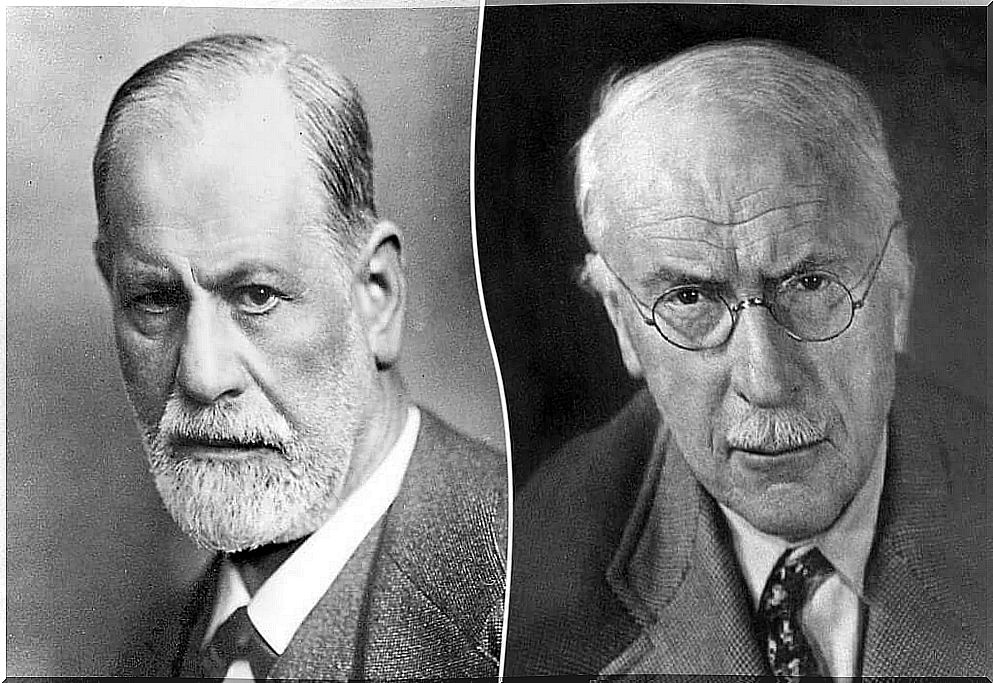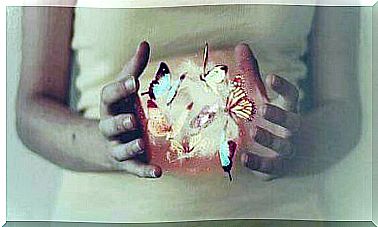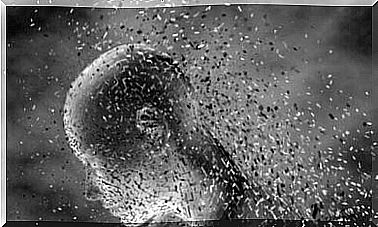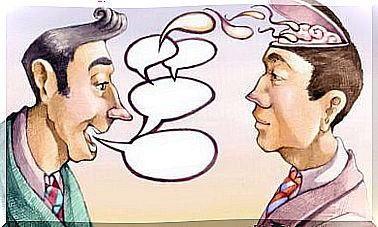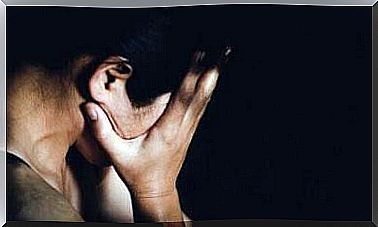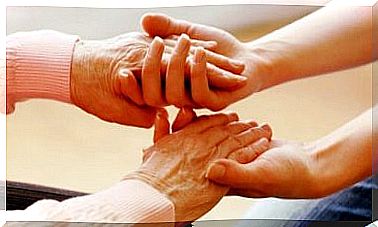Henri Ey, A Bridge Between Psychiatry And Psychoanalysis
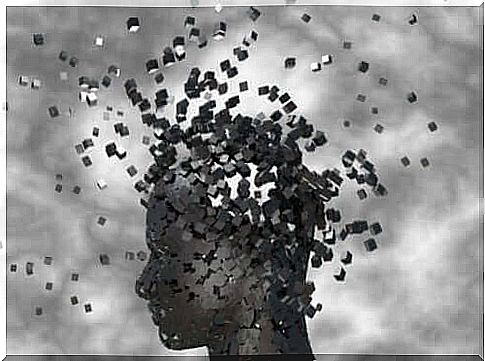
Henri Ey is the creator of an approach in so – called “organo-dynamic” psychiatry. It is a synthesis of the organicist perspective and the psychoanalytic dynamic. In other words, a way of seeing, accepting and treating mental illness as a product of both biological and psychic factors.
Those who knew him defined him as a very warm man, with excellent manners. A lover of good food, premium cigars and bullfighting. His prestige in French psychiatry is equivalent to that of Jacques Lacan in psychoanalysis.
“The use of neuroleptics therefore never makes it possible to set aside the psychotherapeutic relationship which must accompany any biological therapy in psychiatry . “
-Henri E –
Much of Henri Ey’s theory seeks to establish a direct link between psychiatry and psychoanalysis. He was not a revisionist of the concepts of Sigmund Freud. Rather, he saw them as incomplete. His work seeks to broaden the perspective of both psychoanalysis and psychiatry.
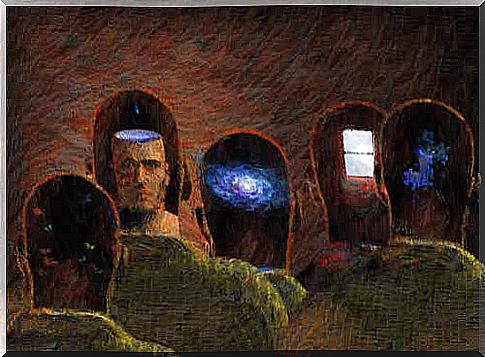
The early years of Henri Ey
Henri Ey was born in a small town in the south of France, Banyuls-dels-Aspres, on August 10, 1900. He spent his childhood and adolescence there. Coming from a family of winegrowers, he has always had a deep affection for the land where he was born and where he received the influences of French and Spanish cultures.
His interest in the human mind s e evident from an early age. One of the most vivid memories of his childhood is the figure of a man everyone called “the madman”. A figure that generates in him both fear and fascination. He sees in him an enigma that he has tried to decipher throughout his life.
Henri Ey decides to study medicine and settles in Toulouse. He obtained his medical degree in 1923. He was attracted by the courses given at the Sorbonne and by the bohemian life of the Quartierlatin. Between comings and goings, he also obtains a diploma in philosophy.
His medical and psychiatric practice
During the 10 years following obtaining his diploma, Henri Ey was an intern in the psychiatric hospitals of La Seine, in Paris. He also works in the departments of Guiraud, Marie and Capgras.
In 1931, he began to work at the famous Sainte-Anne psychiatric hospital. He is one of the disciples of the famous Henri Claude. It was the professor of the chair of mental and brain diseases. Henri Claude is the first to open the doors of the hospital to the pioneers of psychoanalysis in France. He appoints Ey to head the clinic.
Ey then meets someone he defines as a close friend and, at the same time, as a fierce opponent: Jacques Lacan. At that time, Sainte-Anne Hospital was the subject of great debate and was the cradle of new clinical and research practices.
Bonneval, a new stage
In 1933, Henri Ey was appointed psychiatric director of the Bonneval hospital, in the beautiful region of the Loire châteaux. He worked there for the next 38 years, in an institution that could accommodate 380 patients. It is there that he will produce most of his writings.
From his beginnings at Bonneval, he implemented a new approach to psychiatry, mainly based on the work of Sigmund Freud and Eugène Bleuler. He strongly defends in this hospital, and throughout his life, a humanist emphasis on psychiatry.
In 1945, he created the journal The Psychiatric Evolution , an instrument which enabled him to disseminate his theses on the practice of psychiatry. In 1950, he founded the World Psychiatric Association and began to organize fabulous conferences bringing together experts and researchers from different disciplines related to mental health.
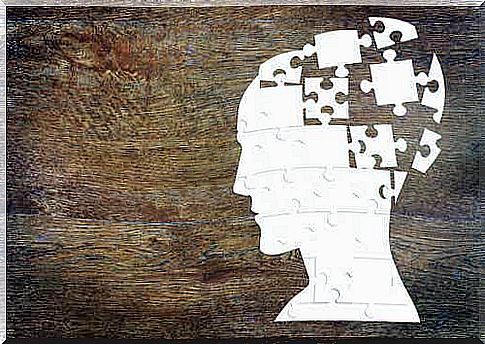
Ey is convinced that psychiatry and neurology must be united. He also believes that it is necessary to integrate psychoanalysis, in order to obtain a global approach. On the basis of his discoveries, he opposes anti-psychiatry and the theses of Michel Foucault.
The psychiatric association he founded was eventually absorbed by his American counterpart, the World Psychiatric Association (WPA). Thus its intellectual heritage has been replaced by an exclusively pharmacological approach. Henri Ey died on November 8, 1977, in the same city where he was born.
